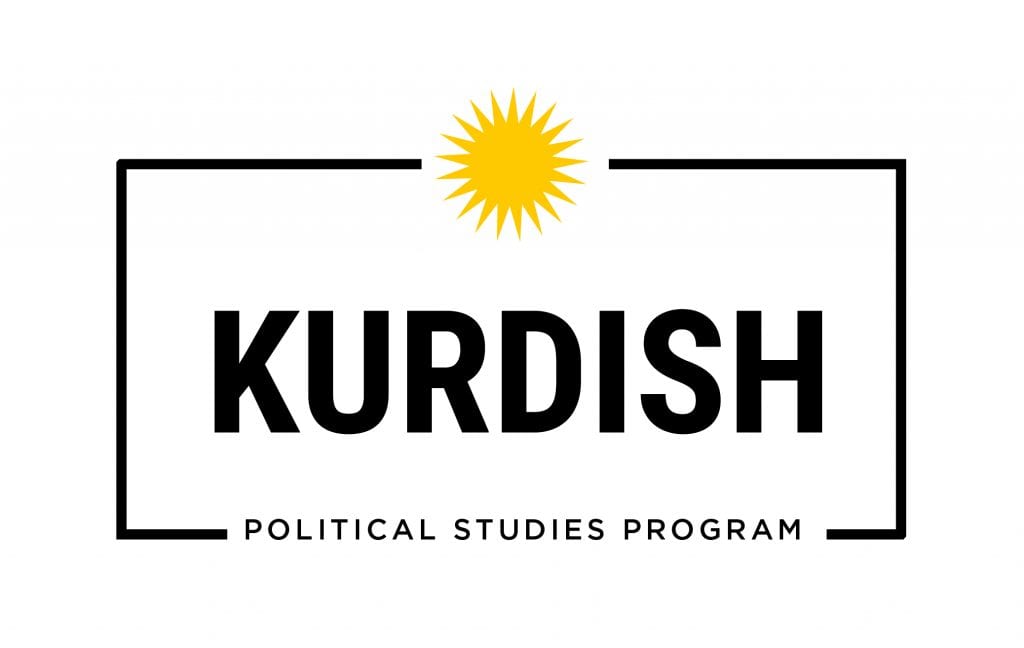The Kurdish Political Studies Program announces the Best Article Award in Kurdish Political Studies

The Kurdish Political Studies Program (KPSP) awards every year the best article written by a rising scholar in Kurdish Political Studies. This year, the competition considered articles in social sciences and humanities that have been published in English and peer-reviewed journals in 2019. The selection committee was composed of Ozlem Goner (City University of New York), Güneş Murat Tezcür (University of Central Florida), and Metin Yüksel (Hacettepe University).
This year, two articles are selected by the committee for the award: Interrogating the tribal: the aporia of ‘tribalism’ in the sociological study of the Middle East by Ahmad Mohammadpour and Kamal Soleimani published in the British Journal of Sociology, and Archived Voices, Acoustic Traces, and the Reverberations of Kurdish History in Modern Turkey by Marlene Schäfers and published on Comparative Studies in Society and History.
Mohammadpour and Soleimani’s article has a critical approach to the literature of Kurdish Studies where the use of concepts such as “tribe” and “tribalism” are widely used. The authors argue that Eurocentric, hegemonic statist, and nationalist perspectives cause of such tendencies and provide an incisive critique.
Schäfers’ article is the result of an extensive ethnographic study addressing how archiving by female singer-poets (dengbêjs) often results in the creation of subaltern histories. The author elaborates on how making subaltern voices more audible make them subject to a hegemonic discursive and aesthetic form that singer-poets have no control over. The article provides a significant contribution to the research on gender, historicity, and memory in Kurdish Studies.
Onur Günay’s article In War and Peace: Shifting Narratives of Violence in Kurdish Istanbul received an honorable mention. The article based on an extensive ethnographic study in a low-income neighborhood of Istanbul depicts the masculine world of Kurdish workers characterized by deep class and ethnic inequalities. Kurdish workers respond to an illegitimate but legal state of violence with illegal and justified counterviolence. This study complicates the notion of victimhood and transcends the conventional conceptualization of Kurdish politics perceived as a mere struggle between the state and the insurgents.
Written by Sara Belligoni, Ph.D. Candidate in Security Studies at the School of Politics Security and International Affairs and Graduate Research Assistant at the Kurdish Political Studies Program
